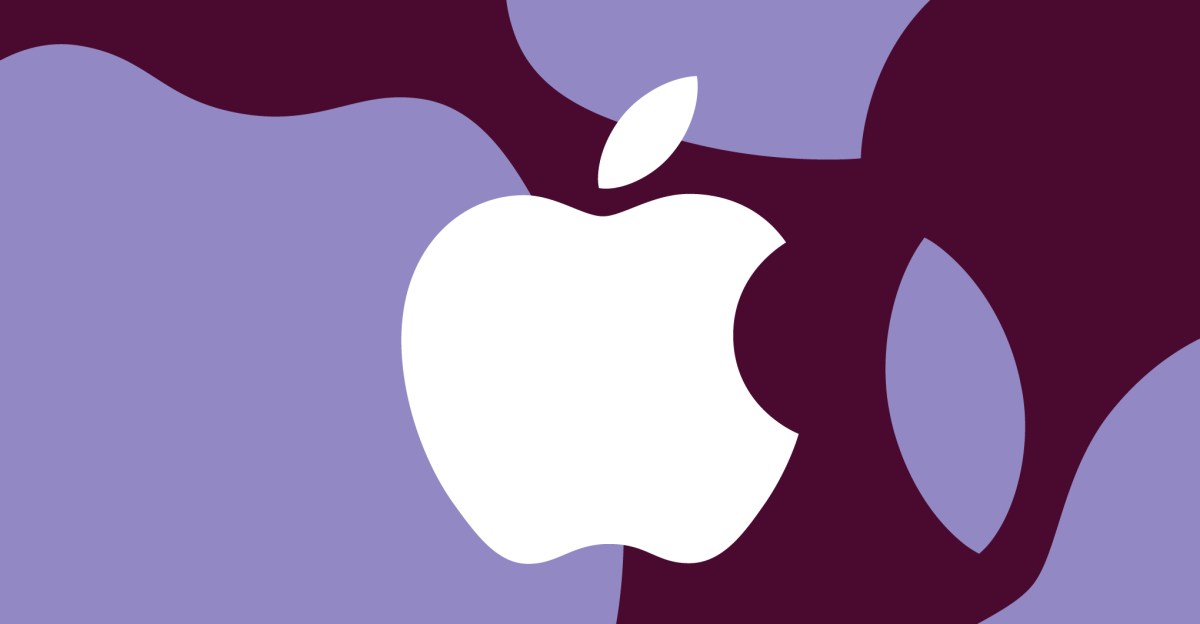Apple’s Encryption Feature Withdrawal: A Stand Against Government Surveillance?
In an era where digital privacy is increasingly scrutinized, Apple’s recent decision to withdraw its encryption feature in the UK has sparked significant debate. The tech giant’s move is ostensibly a response to government surveillance demands, prompting discussions about privacy rights, corporate responsibility, and the implications for users in an age marked by rising digital oversight.
The Context of Apple’s Decision
Apple has long positioned itself as a defender of user privacy, famously advocating for the protection of personal data. However, the landscape of digital communication is fraught with tension between governmental oversight and individual privacy rights. In the UK, the government has intensified its push for regulations that would allow easier access to encrypted data during criminal investigations. This context has led Apple to reconsider its encryption policies in order to comply with legal expectations while trying to maintain its image as a privacy-centric company.
Understanding Encryption and Its Importance
Encryption serves as a crucial mechanism for protecting user data. It transforms readable information into a coded format, making it inaccessible to unauthorized users. For consumers, this means that their private messages, financial details, and personal information are shielded from prying eyes. The ability to communicate securely is fundamental in maintaining personal privacy and trust in digital platforms.
Apple’s encryption feature, which secures iMessages and FaceTime calls, has historically provided users with a sense of security. With the withdrawal of this feature, many users are left questioning the safety of their communications and the extent of governmental access to their data.
The Implications of Apple’s Withdrawal
The decision to withdraw encryption raises significant implications for users and the tech industry at large:
- Privacy Erosion: Users may feel that their privacy is compromised, leading to a decline in trust towards Apple and potentially other tech companies that may follow suit.
- Chilling Effect: The removal of encryption could discourage individuals from expressing themselves freely, knowing their communications can be intercepted.
- Precedent for Other Companies: Apple’s choice may set a precedent for other technology firms, leading to a broader trend of sacrificing user privacy for compliance with governmental demands.
Corporate Responsibility in the Digital Age
As digital platforms become integral to daily life, the responsibility of corporations to protect user data has never been more critical. Companies like Apple wield immense influence over how personal information is handled. The balance between adhering to legal requirements and maintaining user trust is delicate.
Apple’s decision can be viewed through the lens of corporate ethics. Should companies prioritize government compliance over the privacy rights of their customers? This dilemma poses a significant challenge as technology evolves and government demands for access to encrypted data become more pronounced.
Public Reaction and User Sentiment
The withdrawal of Apple’s encryption feature has not gone unnoticed. Public reaction has been mixed, with concerns about privacy rights taking center stage in discussions. Users who have relied on Apple’s secure messaging services are voicing their apprehensions:
- Loss of Control: Many users feel a sense of loss over their data control, fearing that their personal information is now vulnerable.
- Demand for Alternatives: The decision has sparked interest in alternative messaging platforms that prioritize encryption and user privacy, such as Signal and Telegram.
The Role of Government in Digital Privacy
Governments argue that access to encrypted communications is essential for national security and public safety. However, the challenge lies in ensuring that such access does not infringe upon individual rights. There’s a fine line between surveillance for security and the violation of privacy rights. As government surveillance demands grow, the question becomes: how can the balance between safety and privacy be achieved?
In the UK, the government’s approach to digital privacy has faced criticism for potentially overstepping boundaries. Advocates for privacy rights argue that citizens should not be subjected to mass surveillance under the guise of security. The ongoing debate highlights the need for robust discussions around legislation that governs digital privacy and surveillance practices.
What’s Next for Apple and Its Users?
Looking ahead, Apple’s encryption feature withdrawal raises critical questions about the future of digital privacy. As users seek more secure options, the demand for transparent practices will likely grow. Apple’s next steps will be crucial in determining how it navigates the challenges posed by government regulations while attempting to retain user trust.
Users may also need to reassess their digital habits, considering how much personal information they share on platforms that do not prioritize encryption. The shift could lead to a more privacy-conscious user base, demanding heightened security measures from tech companies.
The Future of Digital Privacy
Apple’s decision is a pivotal moment in the ongoing conversation about digital privacy. As technology continues to evolve, so too must the frameworks that govern user data protection. Companies and governments alike must recognize the importance of privacy as a fundamental right in the digital age.
To foster a healthy relationship between technology and privacy, stakeholders must engage in constructive dialogue. This includes tech companies, government representatives, and the public coming together to establish guidelines that protect individual rights without compromising security.
Conclusion
Apple’s withdrawal of its encryption feature in the UK raises serious questions about the balance between government oversight and individual privacy. While the company navigates a complex landscape of compliance and user trust, the implications of this decision extend beyond its immediate impact on iMessage and FaceTime users. It serves as a wake-up call for all stakeholders in the digital ecosystem to prioritize privacy and work collaboratively towards a future where security does not come at the expense of personal freedoms.
In an increasingly interconnected world, users must remain vigilant and advocate for better privacy protections, ensuring that their rights are upheld even as technological landscapes evolve.
See more Future Tech Daily

